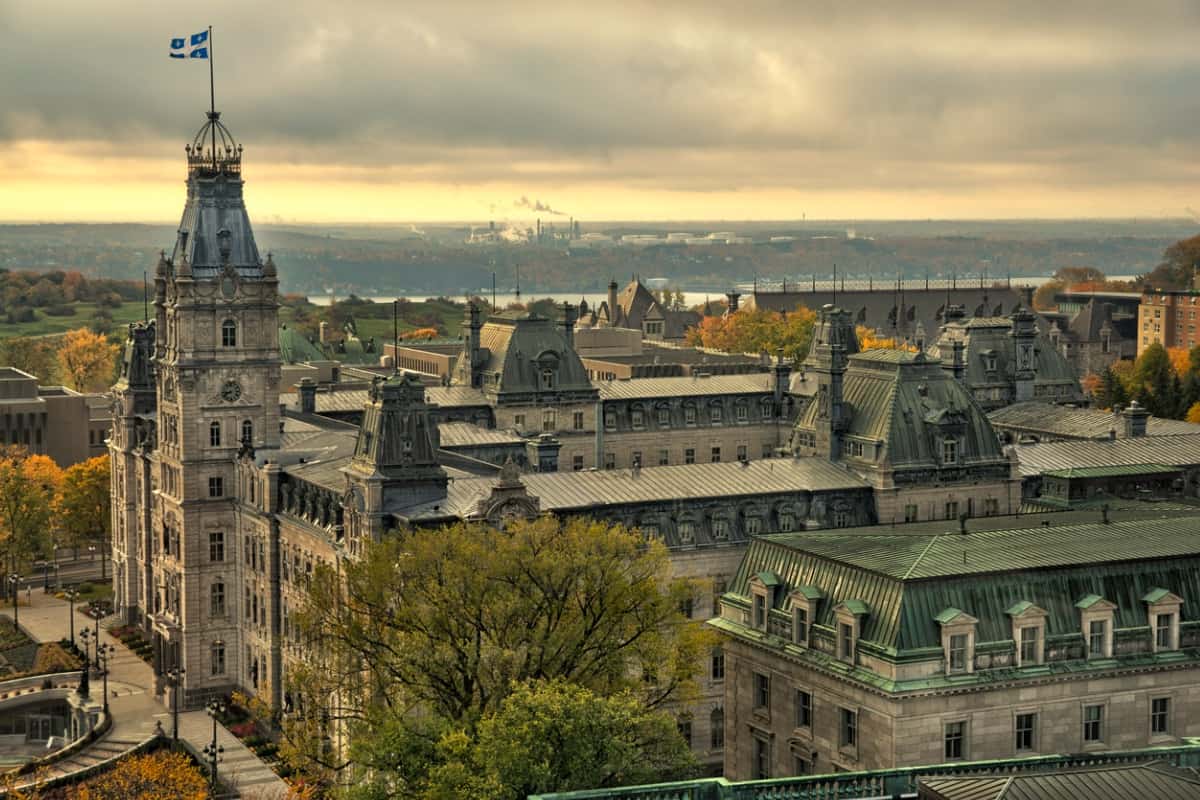Quebec releases its immigration plan for 2023

Overall admissions remain the same as 2022 with little change throughout all categories.
Quebec's 2023 immigration plan released on December 8 shows that the province can admit as many as 52,500 new permanent residents in 2023, which is exactly the same as the 2022 immigration plan.
Most newcomers to Quebec in 2023 will go through the province's economic immigration programs, including the Quebec Skilled Worker Program (QSWP) and the Quebec Experience Program (PEQ).
As part of the 2020-2022 Quebec Immigration Plan, the new plan is faithful to the goals developed during the public consultation held in summer 2019.
The economic class has a maximum target of 33,900, the largest proportion of newcomers, exceeding 65% of planned enrollment. In this category, the province expects to welcome as many as 29,500 skilled workers and as many as 4,300 business immigrants, including investors, entrepreneurs and self-employed individuals.
The remaining 18,100 new permanent residents are expected to arrive through family reunification, refugee and other immigration programs.
Quebec's immigration plan is submitted annually by the provincial immigration office. It outlines the number of new permanent residents the province intends to admit in the coming year, and the categories in which they will be admitted. The plans announced so far only outline targets for the coming year. However, consultations will take place in 2023 and the province will begin developing a multi-year plan in 2024.
Focus on French-speaking immigrants
The 2023 plan remains close to the 2022 plan after the Alliance for the Future of Quebec (CAQ) won a second term as the governing party in a landslide earlier this year.
The 2022 plan, drawn up under current Prime Minister Francois Legatee, aims to gradually increase the number of newcomers after lowering enrollment targets in 2019. The 20% reduction was introduced that year by the CAQ to improve options for newcomers and Frenchmen Quebec.
One of the main pillars of the CAQ party is the preservation of French in Quebec, and the new plan focuses on selecting immigrants who already speak French. The Department of Immigration, Fraternization and Integration expects that by 2023, 79 percent of economic immigrants will be proficient in French, rising to 66 percent of immigrants in all categories.
Immigration in Quebec was a hotly debated topic during this year's provincial election. As part of his campaign, Legault pledged to allow only 50,000 new immigrants into Quebec a year during his term. He said this is the maximum number of immigrants that Quebec can accommodate because it is difficult for new immigrants to integrate into Quebec society, especially those who need to learn French.
Quebec’s unique immigration system
Quebec is the only province in Canada that publishes an annual immigration levels plan. It is also the only province that fully controls its economic immigration admissions.
Quebec has greater autonomy over its immigration program, largely due to the creation of its own Ministry of Immigration in 1968. The province continued to push for more control over immigration until, more than two decades later, in 1991, the Quebec-Canada agreement gave the province the responsibility to set its own admissions targets.
Still, while Quebec selects the skilled workers it wishes to admit, immigration remains a joint responsibility of the federal and provincial governments, with Immigration, Refugees and Citizenship Canada (IRCC) having the final say on all admissions, regardless of immigration category.
How to immigrate to Quebec
Anyone who wants to immigrate to Quebec must be approved by the provincial and federal governments. Quebec selects skilled immigrants based on its own criteria and procedures, and candidates must apply directly to the province through one of its immigration programs.
If candidates meet the program's criteria and are selected by Quebec, they and any accompanying families will receive a Quebec Selection Certificate (CSQ). This document was issued by the Minister de immigration, de la Francis cation et de immigration to Quebec.
Once candidates have obtained the CSQ, they must apply to IRCC for permanent residence and pass the necessary medical, security and criminal checks.

Comments
Post a Comment